Artificial intelligence-powered search engine Perplexity is in talks with brands including Nike and Marriott over its new advertising model, as the start-up mounts an ambitious effort to break Google’s stranglehold over the $300bn digital ads industry.
The San Francisco-based group is seeking to redesign the auction-based ads system pioneered by Google, where marketers bid to have a sponsored link placed against search queries.
At present, Perplexity’s AI chatbot gives a comprehensive response to user questions based on information from the internet, citing sources and including links to web pages. Below this, Perplexity offers suggested follow-up queries.
Under its new advertising model, brands will be able to bid for a “sponsored” question, which features an AI-generated answer approved by the advertiser.
Perplexity has held talks with a small number of top companies, including Nike and Marriott, according to correspondence seen by the Financial Times. The company said it hoped to roll out the ads system by the end of the year and was targeting “premium” brands. Nike and Marriott declined to comment.
Aravind Srinivas, Perplexity’s chief executive and a former Google intern, said: “Ads are really useful when they are relevant and coming from brands that are high quality, and a lot of people make purchases based on that.”
Perplexity’s effort is part of a wave of new competition faced by Google as the search business undergoes its most radical shift in more than two decades.
OpenAI’s ChatGPT also provides quick and complete answers to many questions, threatening to render redundant a traditional search engine’s list of links, and the lucrative ads that appear alongside them.
Google, which has spent billions of dollars developing generative AI, has launched an experimental AI search function and also considered offering a subscription AI search service, the FT reported in April.
Analysts suggest Google is held back by the “innovator’s dilemma” as generative AI could damage the basis of its existing search offering. However, there remains scepticism on whether the technology will seriously disrupt Google’s dominance.
Under Perplexity’s ad system, marketers will be charged on a so-called CPM basis — paying above $50 for every 1,000 impressions generated by these sponsored posts, said a person familiar with the model. This compares with an estimated $1,100 for the same number of impressions by Google, according to analysts eMarketer.
Last year, Microsoft chief Satya Nadella said its multibillion-dollar alliance with OpenAI would improve its Bing search engine, while helping to demolish the high profit margins that have underpinned Google’s core business.
But despite being one of the first big tech giants to add AI to search, Microsoft has only just started to gain more share in search advertising in the latest quarter, said Joseph Teasdale, head of tech at Enders Analysis.
Meanwhile, Google’s search business has grown 14 per cent in the three months to June, compared with the same period the year before. Search accounted for $48.5bn in revenue, more than half of parent company Alphabet’s total revenues.
“As the incumbent champion, Google has the most to lose from any shake-up,” Teasdale said. “But Google is also in the strongest position: it’s strong in AI, users trust it for search, and it controls key user surfaces like Android and Chrome that it can deploy its version of AI search on.”
The financial success of Perplexity’s new ads system depends on whether it can gain significant scale. The company says 250mn queries were made on its search engine in July, compared with 500mn in the whole of last year.
Perplexity makes money through subscriptions, charging $20 a month for its Pro service, which offers access to more advanced models and image generation. Annualised revenues — a projection of full-year revenues based on extrapolating the most recent month’s sales — have grown from $5mn in January to $35mn in August, according to the company.
Srinivas said he wanted its advertising system to become “a money-printing machine.”
“A good chunk of our traffic comes from the US and other high GDP countries, making it a good experiment . . . we want to IPO and be a successful company of our own, and there is no reason not to be.”
Additional reporting by Eri Sugiura and Kana Inagaki


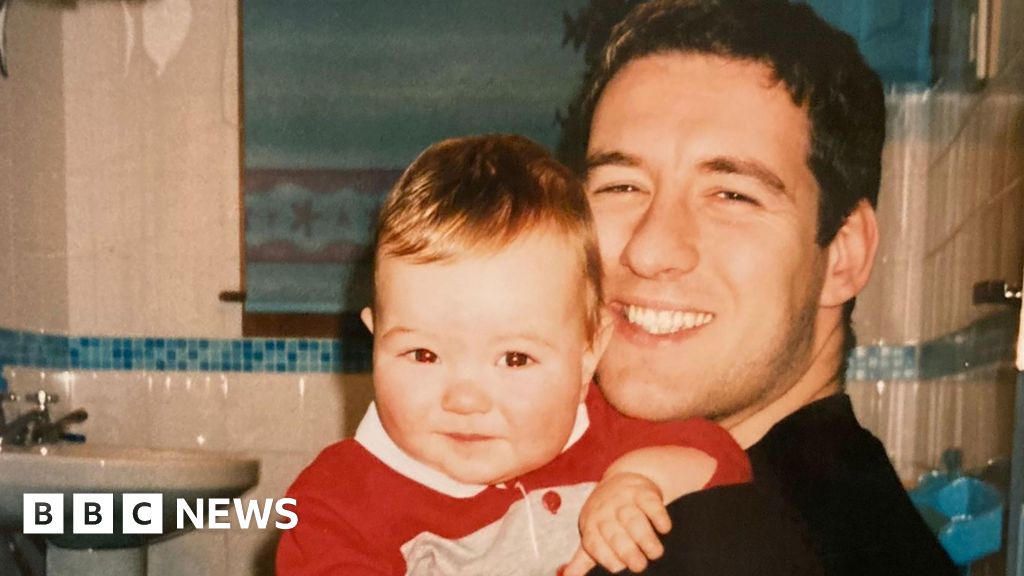

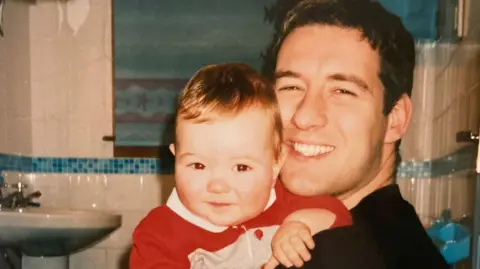

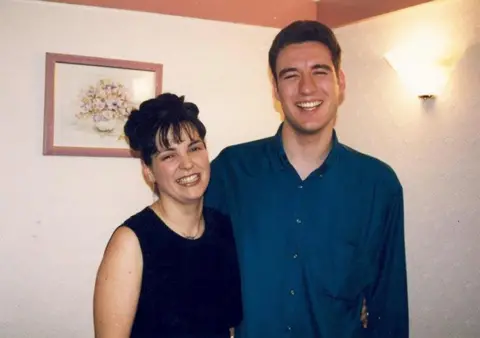
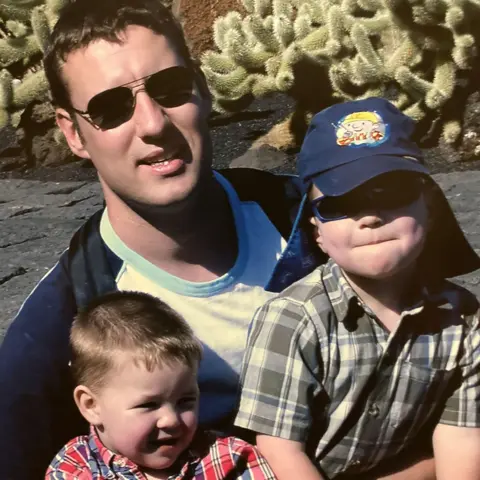


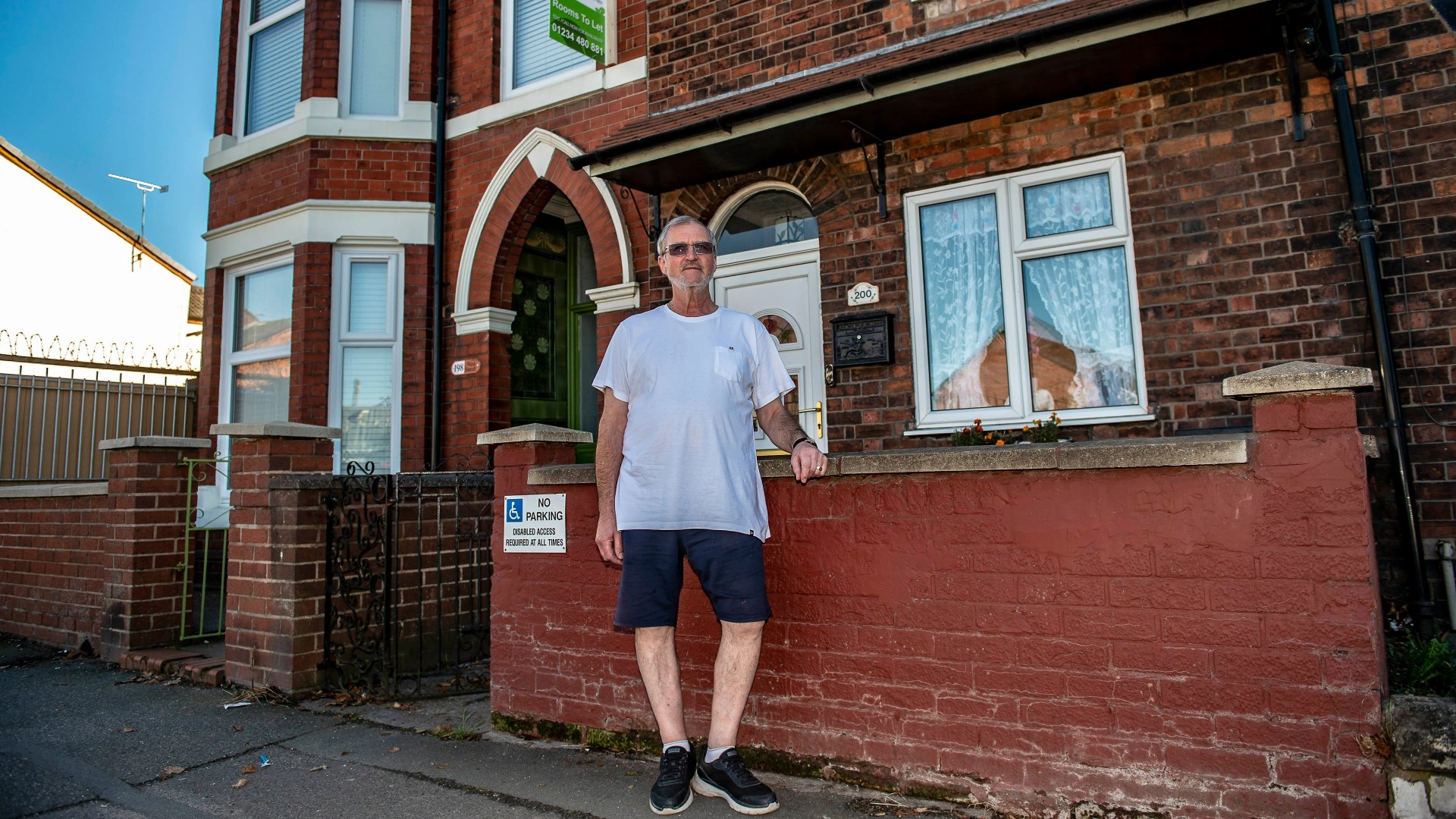



































































































































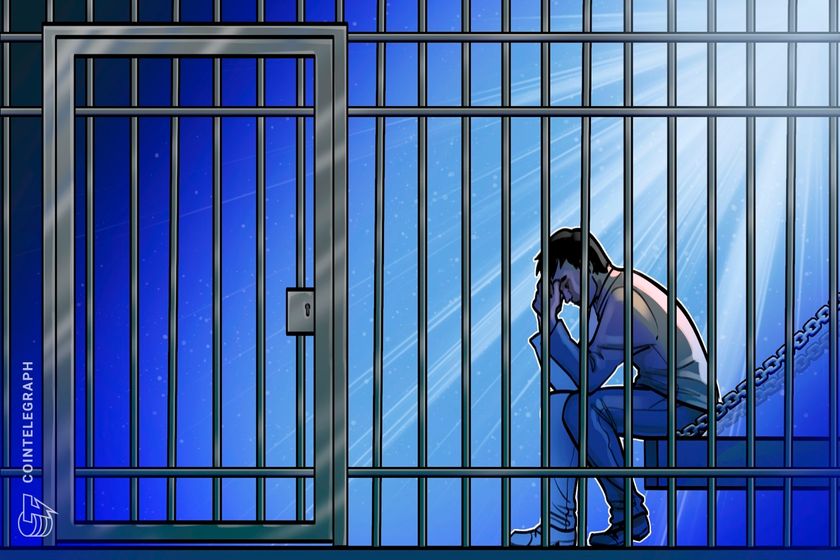

You must be logged in to post a comment Login